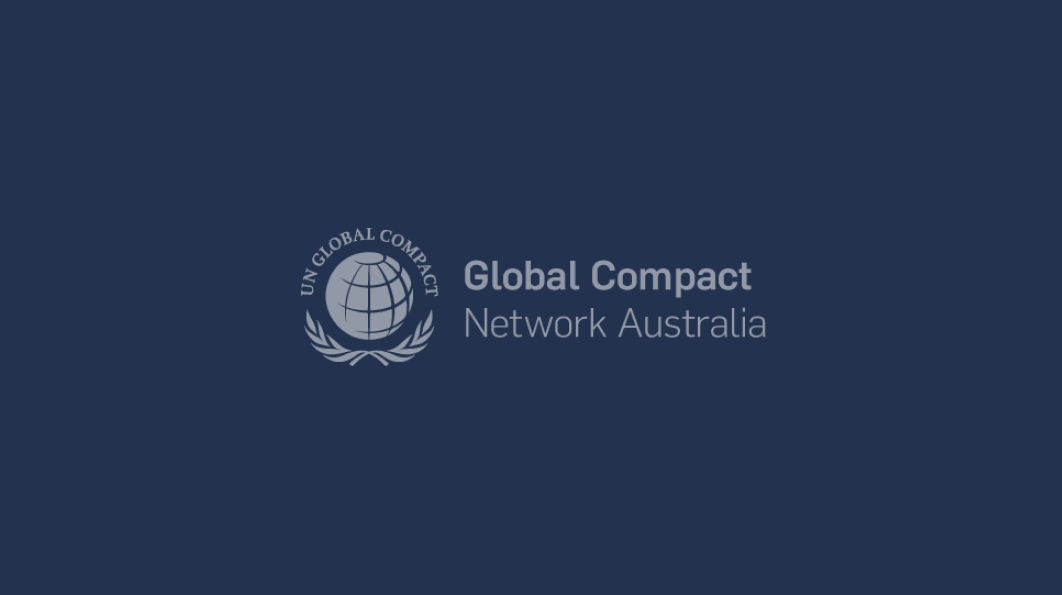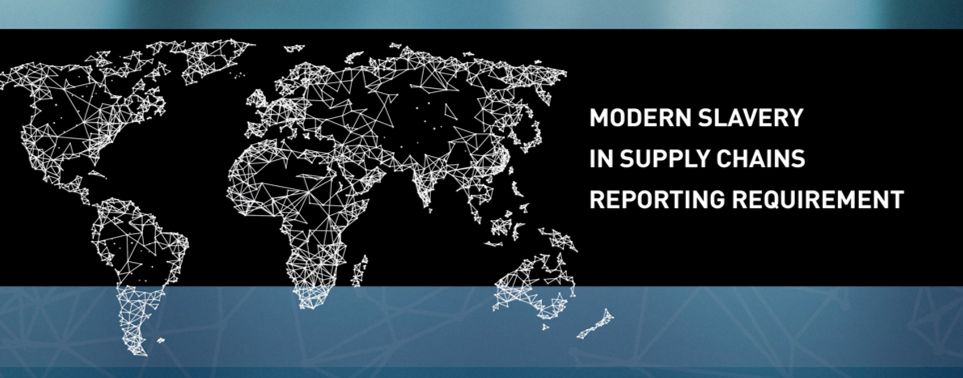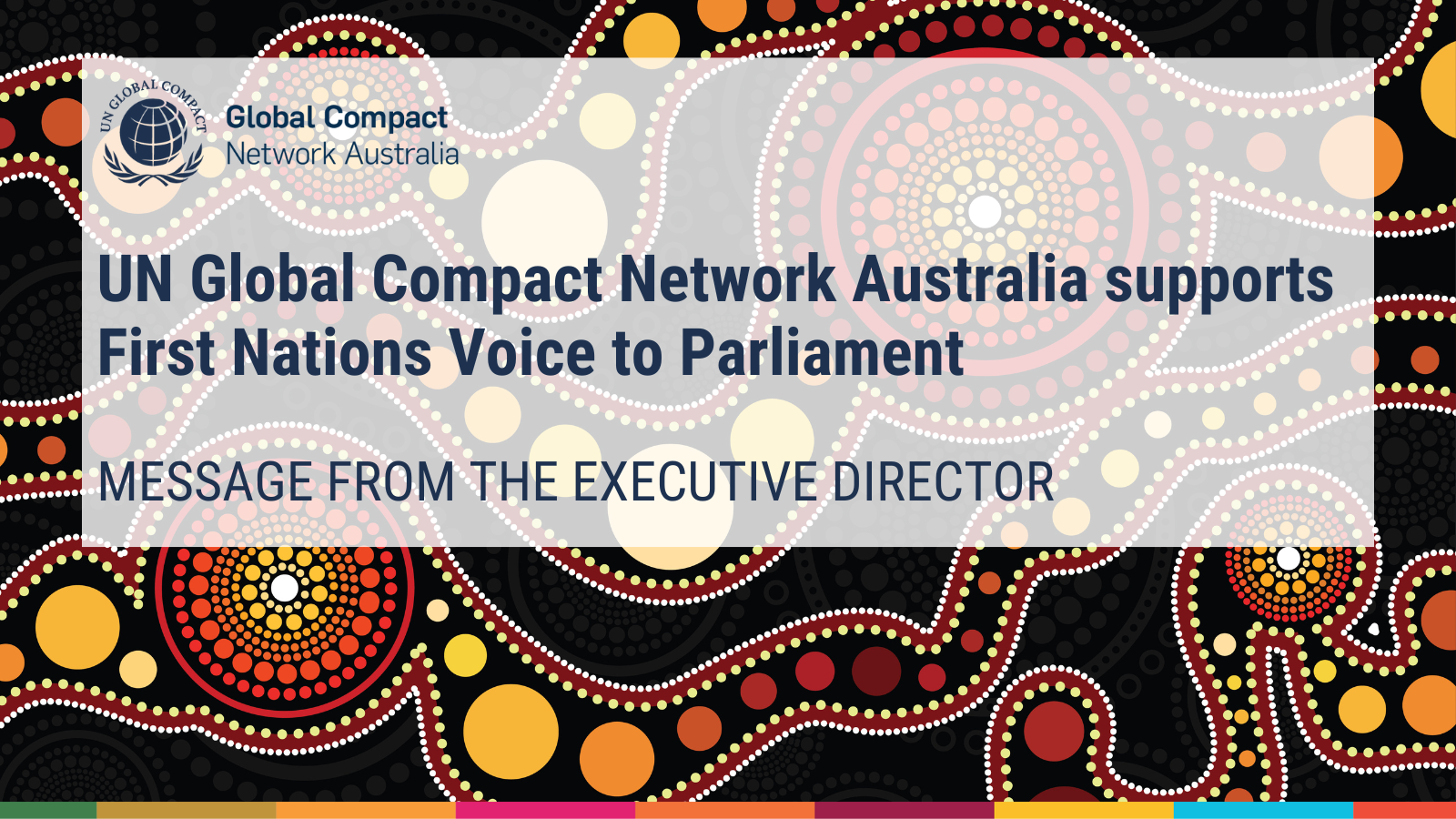
News, Sustainable Development Goals
World Humanitarian Summit Update: How business innovation can help humanity
UN Global Compact Network Australia | May 24, 2016
By Lise Kingo, Executive Director, UN Global Compact
Posted on the Huffington Post Blog on 24 May 2016
Over the last two days in Istanbul, more than six thousand people from across all sectors have come together for the first ever World Humanitarian Summit. It has been amazing to take part in this unprecedented gathering and help chart a new agenda to meet the needs of vulnerable people and communities worldwide. With record numbers of people suffering from conflict or disaster globally- and with more refugees in the world today than we have seen since the 1940s- the magnitude of the challenges we face can feel overwhelming. That is why it has been so encouraging to see the international humanitarian community reaching out to business at the Summit as a strategic partner. In turn, companies have come to the table with enthusiasm, entrepreneurial spirit, and many bright ideas to transform the humanitarian landscape and strengthen returns on investment in our shared humanity.
Companies will be critical partners in translating the outcomes of the Summit into meaningful change. At a Business Breakfast co-hosted today by the UN Global Compact and UN Foundation, our theme was “From Commitments to Action.” Over 100 senior business leaders met to discuss core business innovation, partnerships, and collective action to advance the Agenda for Humanity. As Deputy Secretary Jan Eliasson noted so convincingly in his breakfast remarks, we need to shift our focus from responding to conflict to investing in prevention. Prevention is the greatest necessity, and it is also where business can play a tremendous role as a strategic partner to the United Nations. Over breakfast, we heard many inspiring examples from companies already demonstrating great leadership- designing breakthrough digital cash payment technologies to better deliver services to communities in need, leveraging the power of mobile connectivity to improve humanitarian response, and organizing businesses at the local level to prepare and respond to emergencies.
Among the business leaders who spoke at breakfast, Mr. Kyari Bukar, Head of the Global Compact Network Nigeria and Chairman of the Nigeria Economic Summit Group, shared a powerful reflection on the critical role Local Networks can play partnering with UN actors in the field to address conflict and insecurity. The Nigerian Network’s efforts to mobilize companies to help address instability in the northeast of the country offers a great example of how Global Compact Local Networks can build bridges between the business community, the UN, and governments to advance peace in fragile regions.
Yesterday I also met with the incoming Board of the Global Compact Network Turkey – a strong proponent of the Business for Peace Initiative. Our conversation reinforced for me the tremendous impact that companies can have in helping to advance peace and stability while also contributing to sustainable development.
We know that we cannot achieve the Sustainable Development Goals without strengthening global peace and security, building resilience, and reducing risk. In the high-level plenary track of the Summit, I was very pleased to announce that the UN Global Compact is committed to ensuring business understands the importance of investing in humanitarian action as a way to secure progress on the SDGs. Through our Business for Peace initiative, we will deepen efforts to advance responsible business practices in high-risk and conflict-affected areas. In major disasters and emergencies, we will also continue to appeal to our thousands of signatories, using the UN-Business Action Hub to mobilize core business assets, expertise, and resources to support UN response efforts.
We urgently need to work together to improve humanitarian preparedness and response. Coming out of Istanbul, there are no shortage of good ideas and great opportunities for companies and the UN to work together to make change happen. The upcoming Global Compact Leaders Summit and the UN Private Sector Forum will be great opportunities to mark our progress on the journey and continue to build momentum.
The Summit’s Outcome Document is not yet available. Other key documents are available here.
Update: DFAT’s Private Sector Engagement in Humanitarian Response and Disaster Relief
By GCNA
Recently, DFAT and the GCNA convened a webinar, Private Sector Engagement in Humanitarian Action and Emergency Response, to explore the Australian Government’s intentions for system-wide commitments to promote business continuity during emergencies and humanitarian disasters.
DFAT spoke to business about how to better harness the private sector’s ideas, networks and assets for disaster response and humanitarian action in the Asia Pacific region.
DFAT also explored the concept of a regional private sector network to help companies contribute to disaster-risk reduction and proofing, and formalise their roles in the immediate aftermath of an Indo-Pacific crisis and in the longer-term recovery of the region.
Building on this idea at the World Humanitarian Summit, the Australian Government proposed a Pacific Mechanism on Disaster Management, which will support a UN-led, multi-stakeholder, Connecting Business Initiative.
The Australian Government has also recently announced the winners of the Pacific Humanitarian Challenge. A summary of the winning ideas, which will be funded to pilot in the Pacific over the next year, is available here.


